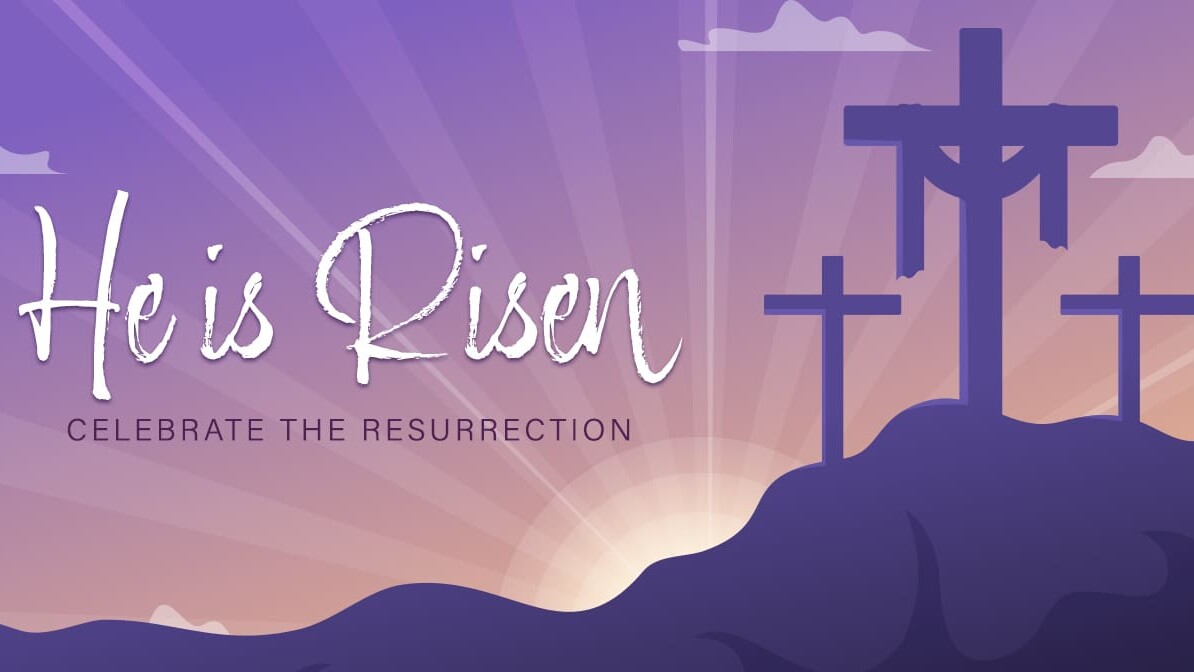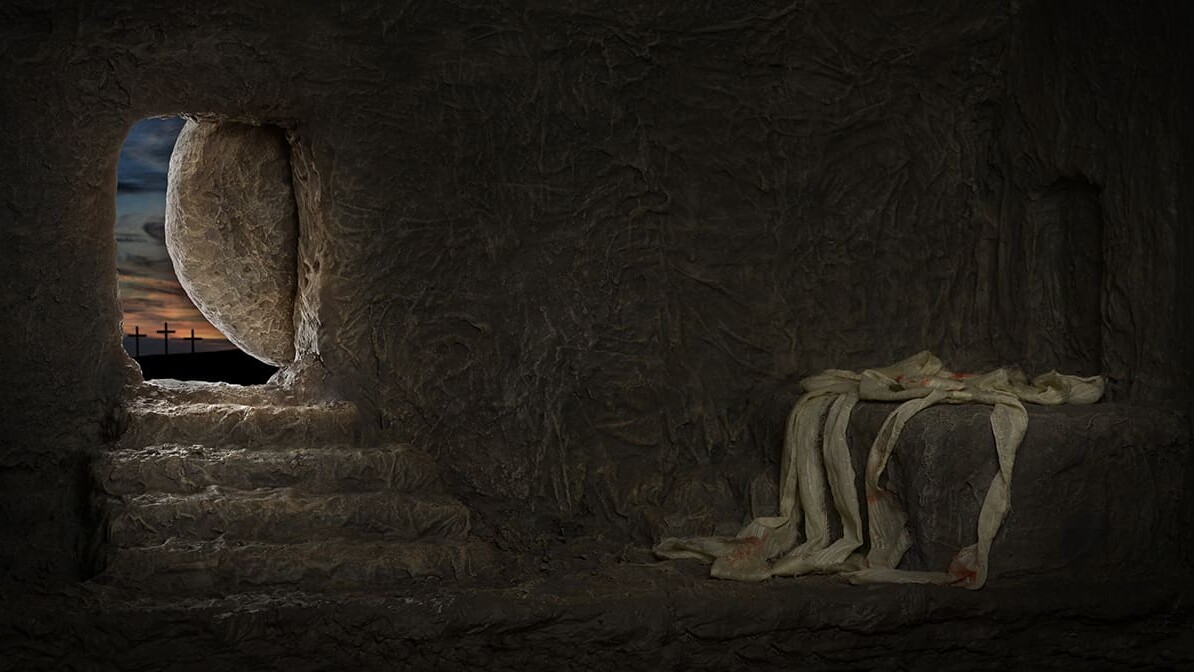Related Articles
Why You Should Care About Passover
Passover foreshadows the fulfillment of the long-awaited promise of the coming Messiah. I’m often…
Come Out of Egypt
When I see all the blessings and breakthroughs offered to us in God’s appointed times, I have a…
It’s Time to Rise Victoriously
Happy Resurrection Day! Today, we are reminded of the incredible hope that springs forth from the…
Where Is Jesus?
Years ago, the youth at our church were conducting the sunrise service and recreating the Easter…
Next Steps To Strengthen Your Walk
Submit A Prayer Request
We are here for you. Simply click on the button below to reach us by form, email or phone. Together we will lift our hearts and voices with you in prayer.
Partner WIth Us
Sow a seed of faith today! Your generous gift will help us impact others for Christ through our global salvation outreach and other faith based initiatives.
Inspiration TV
Watch Christian content from your favorite pastors, christian movies, TV shows and more.







